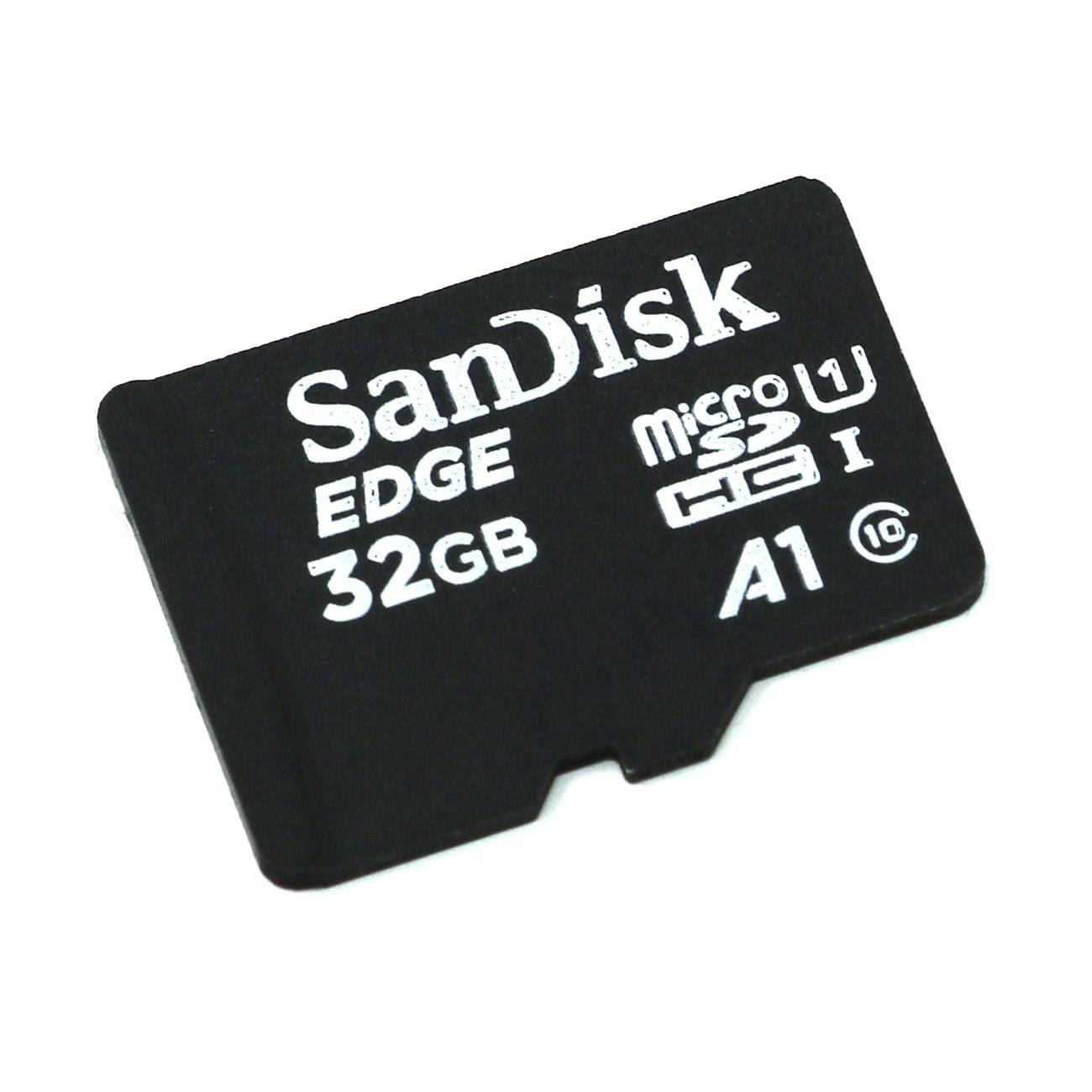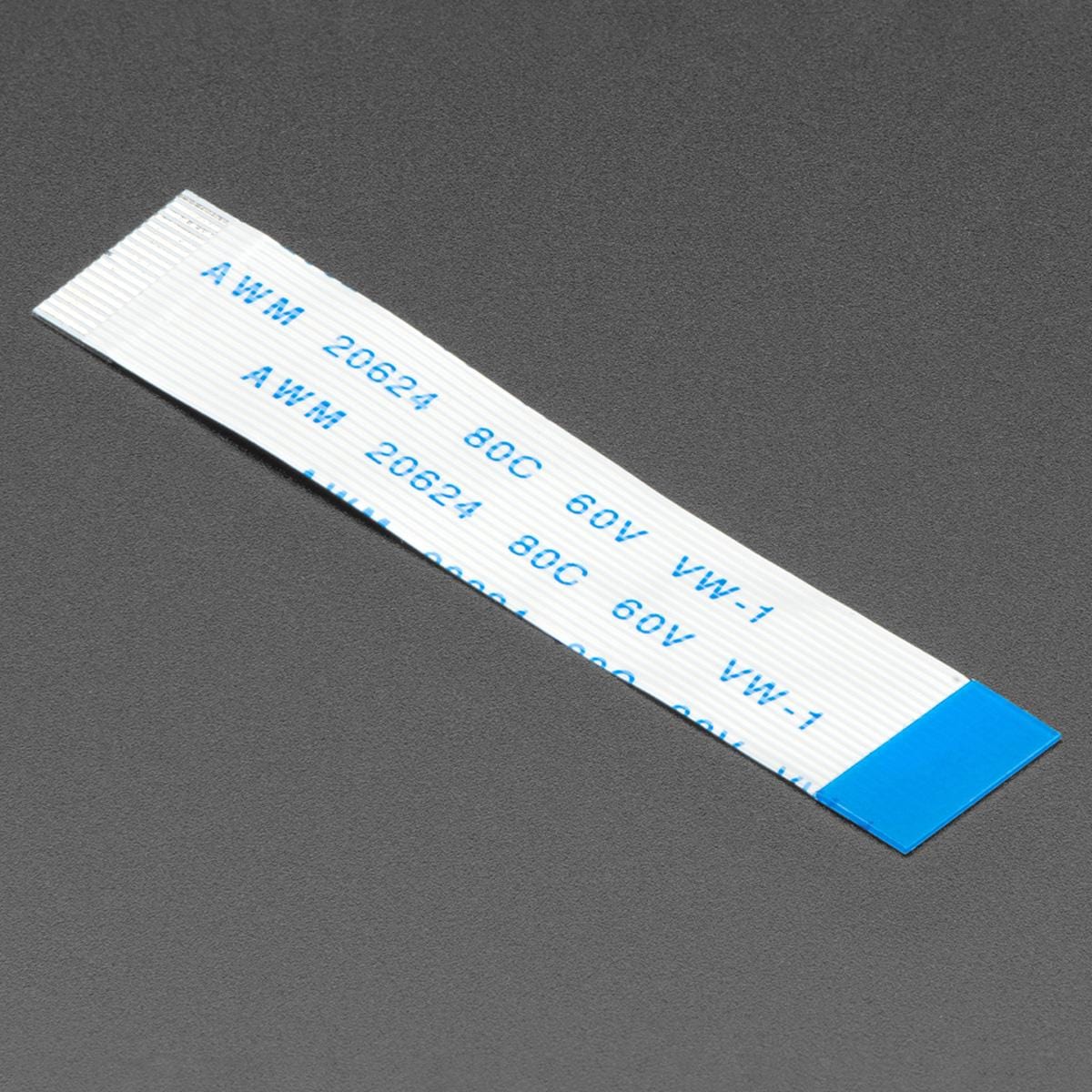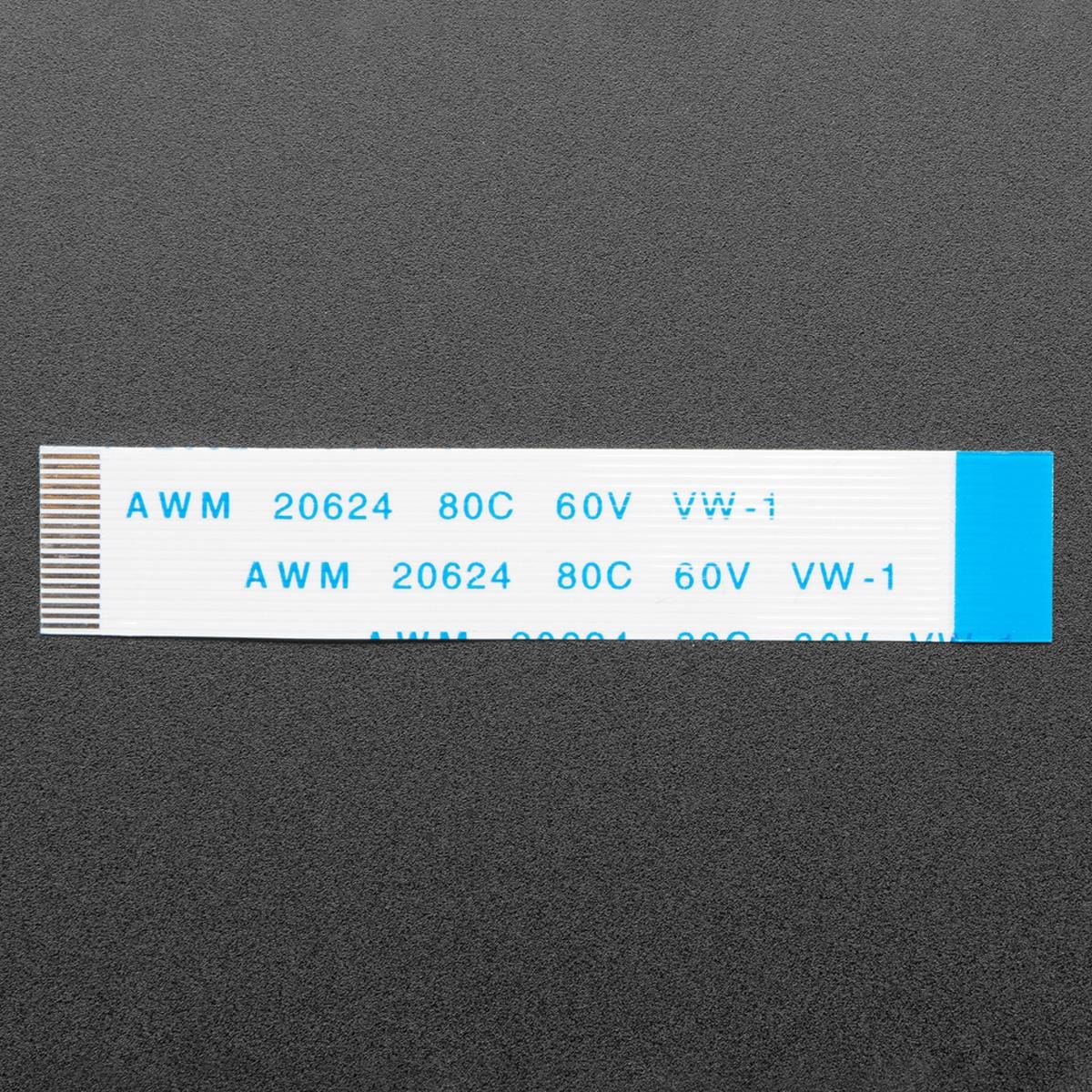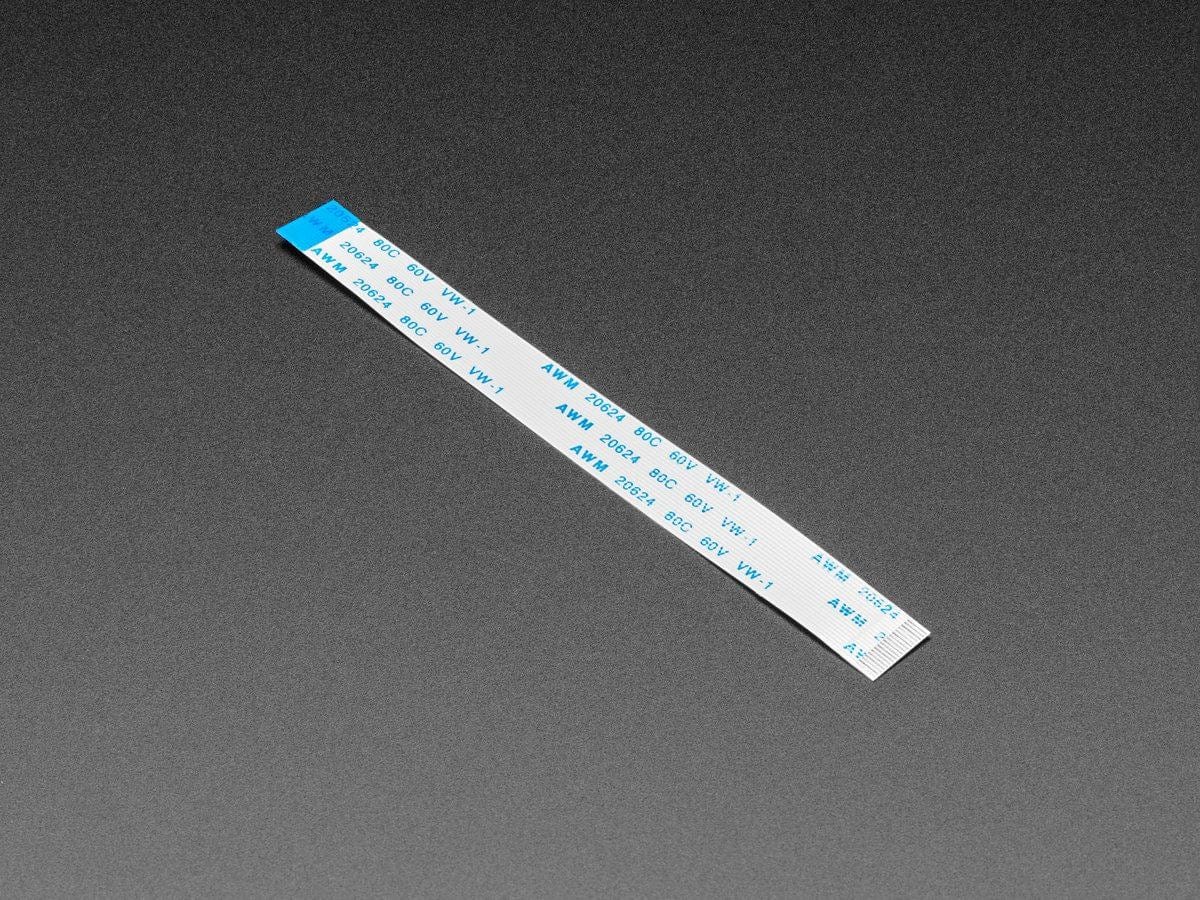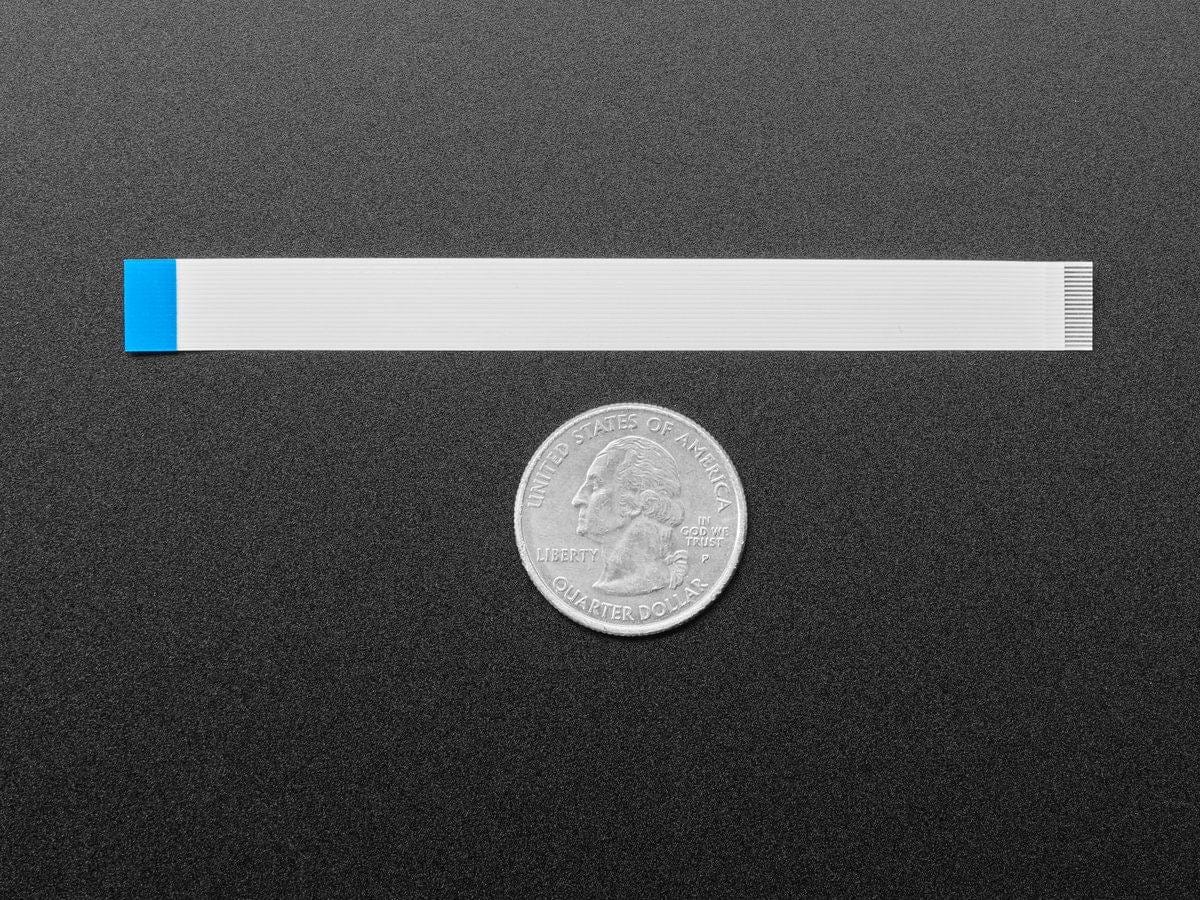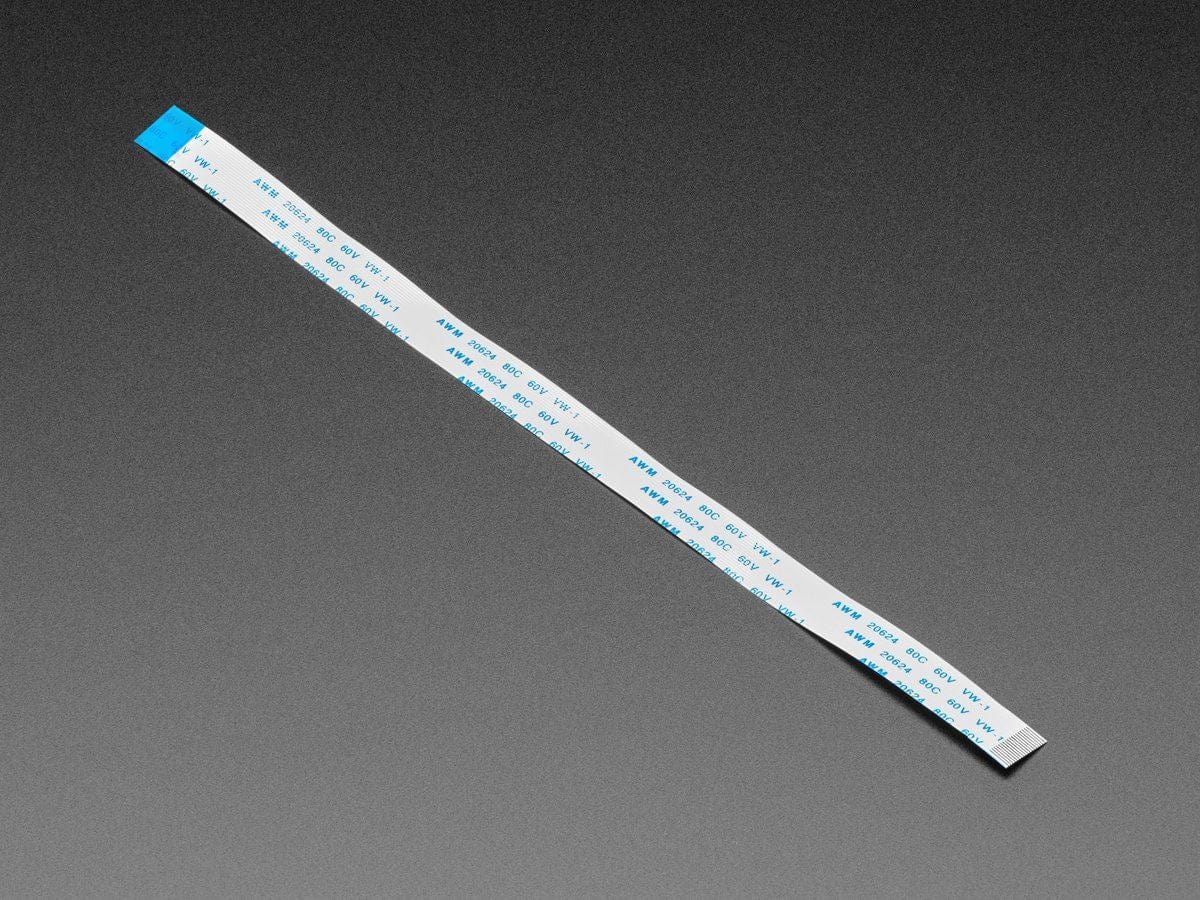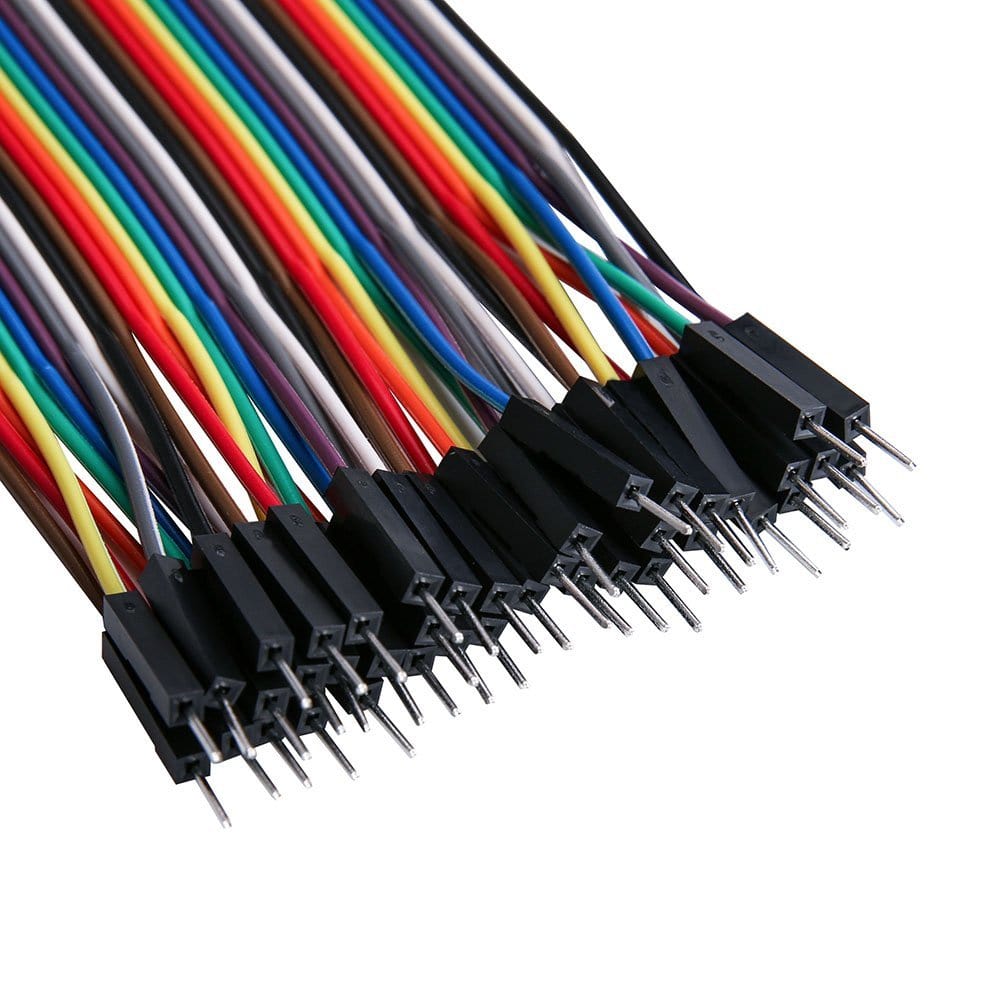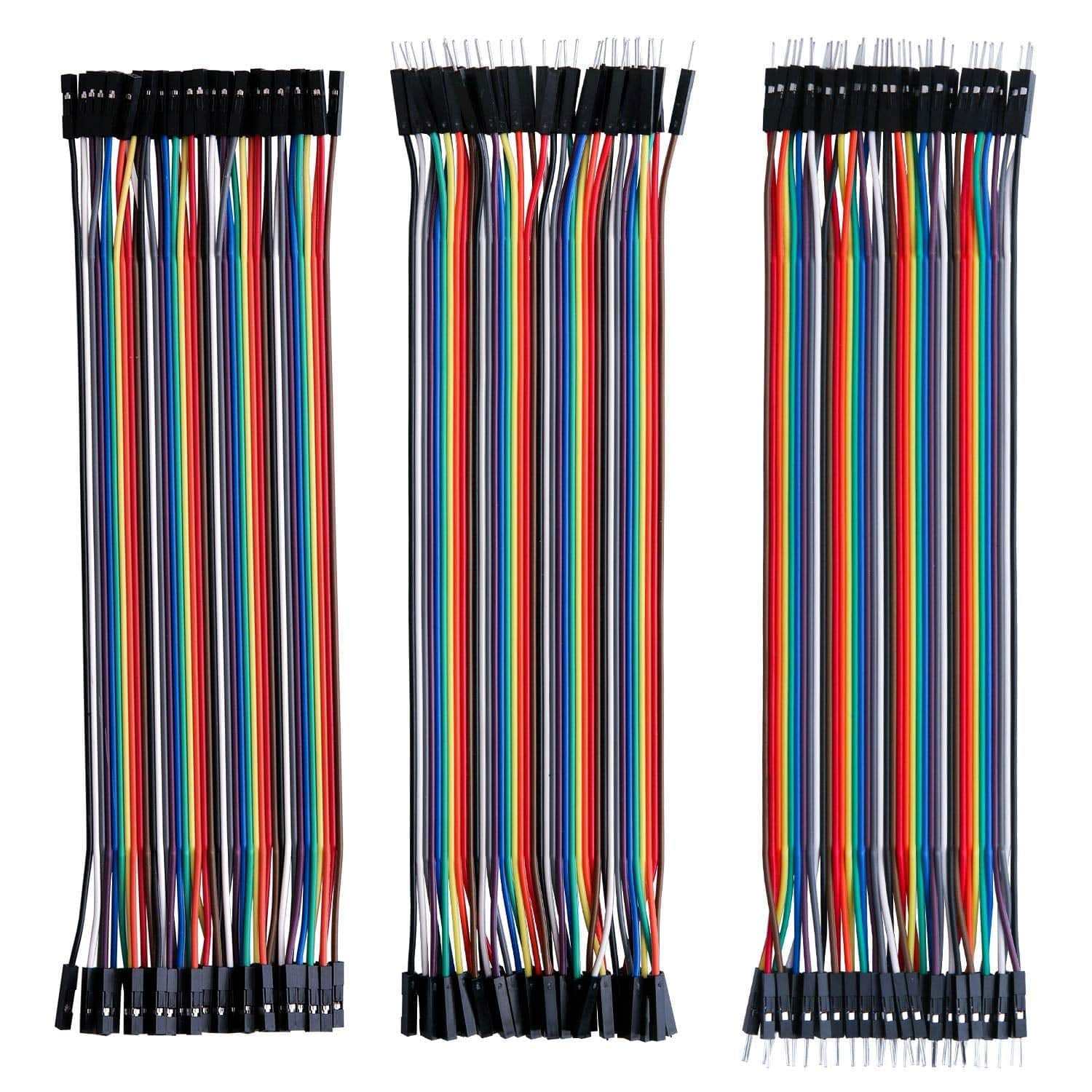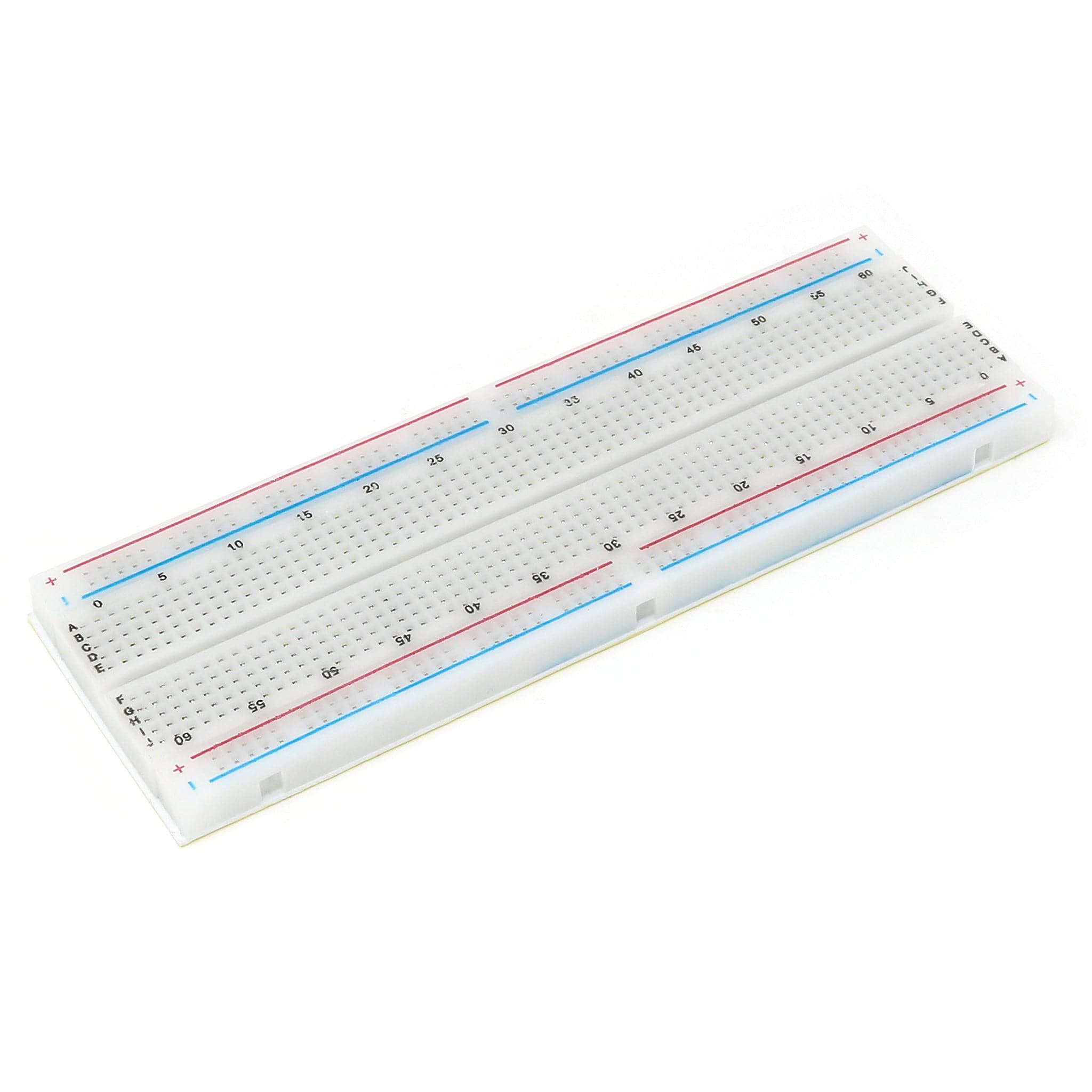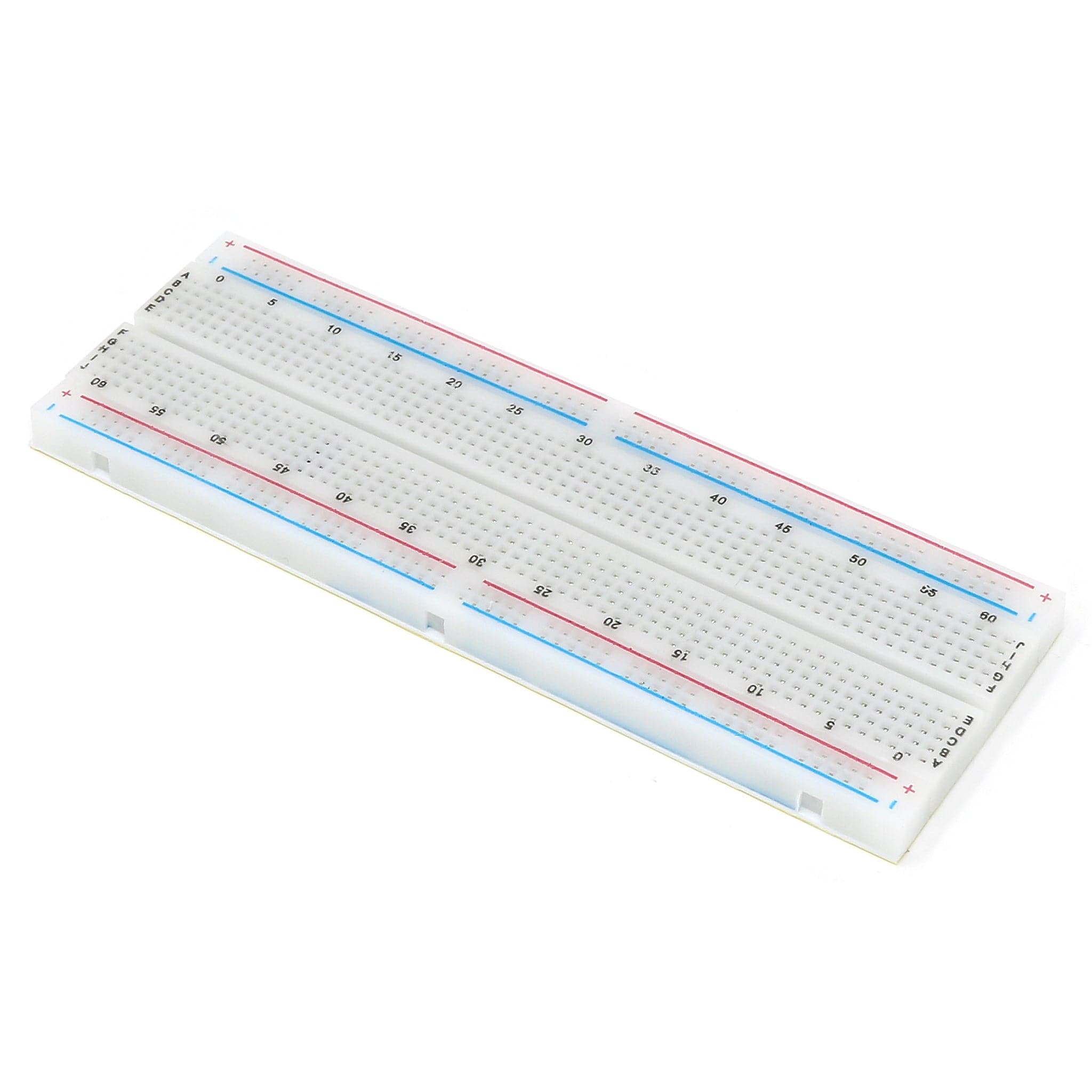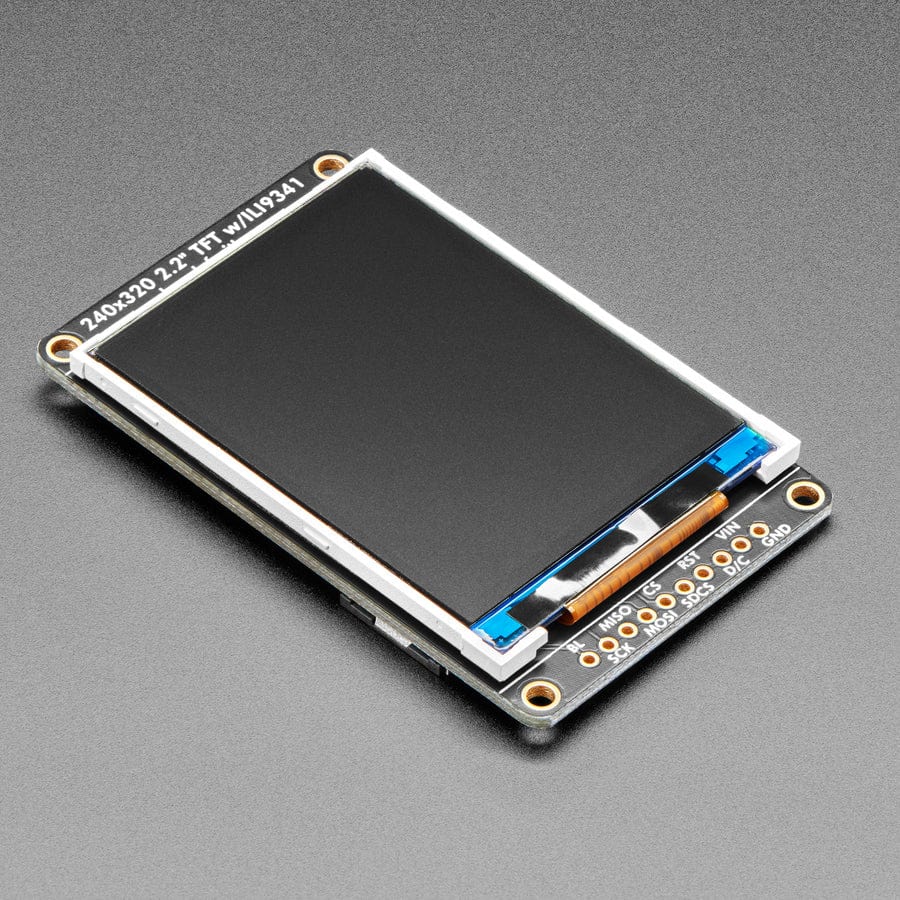
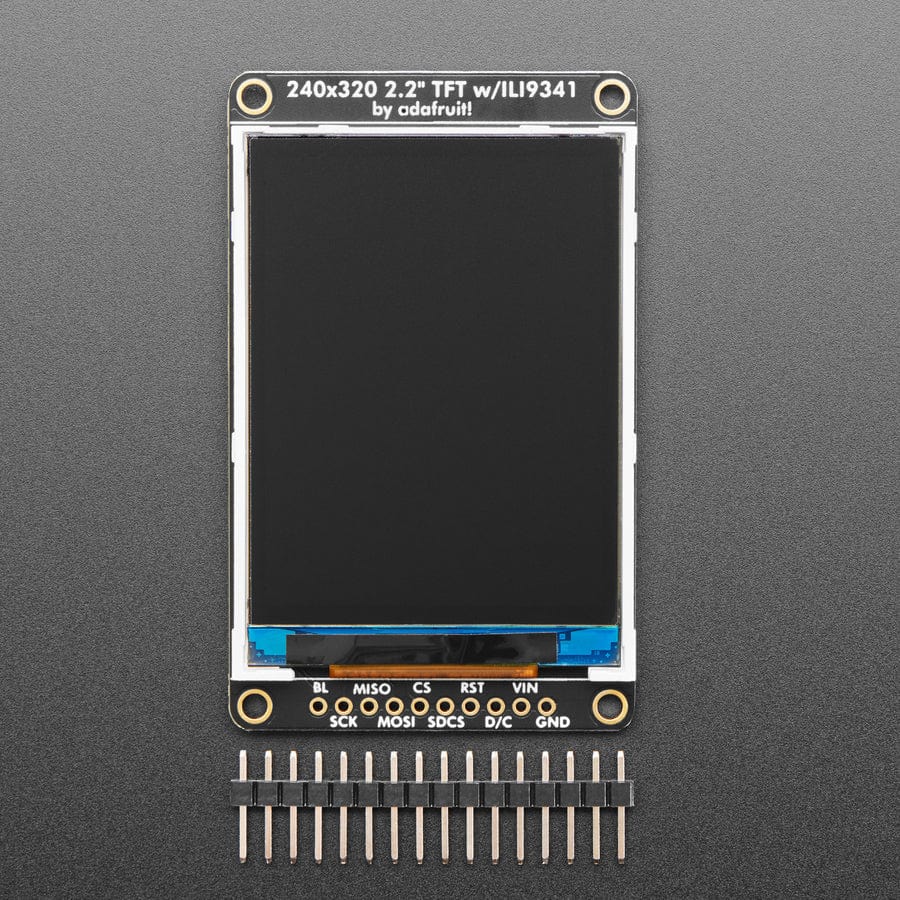
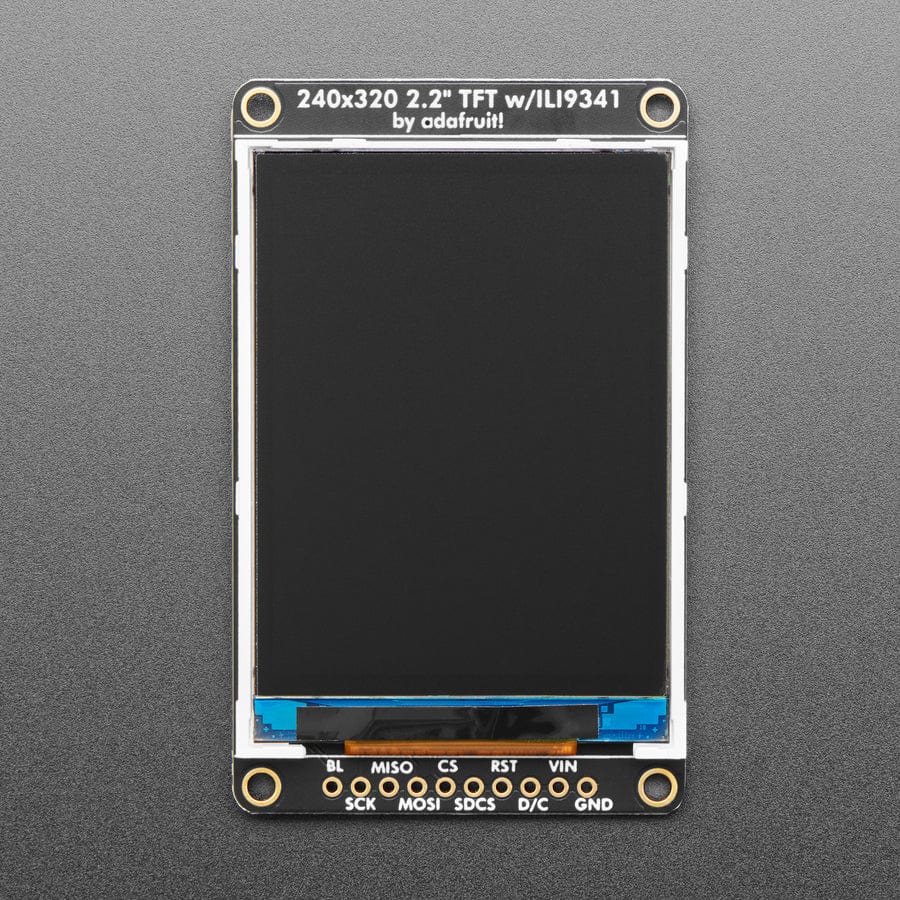
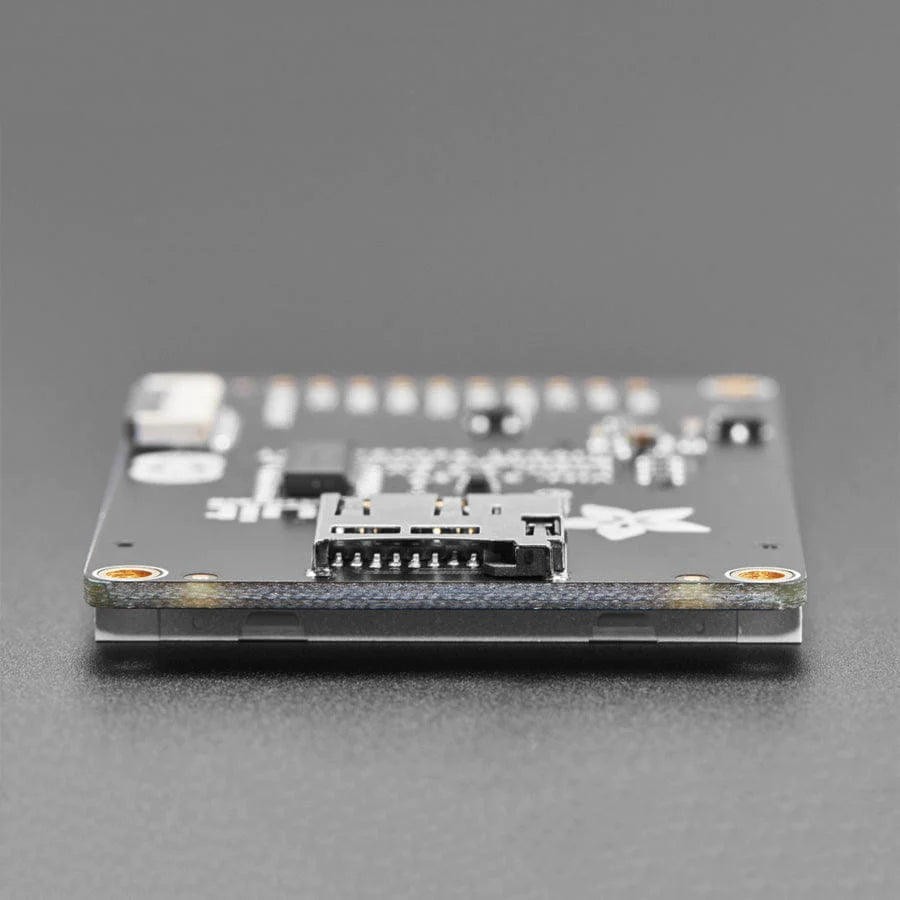
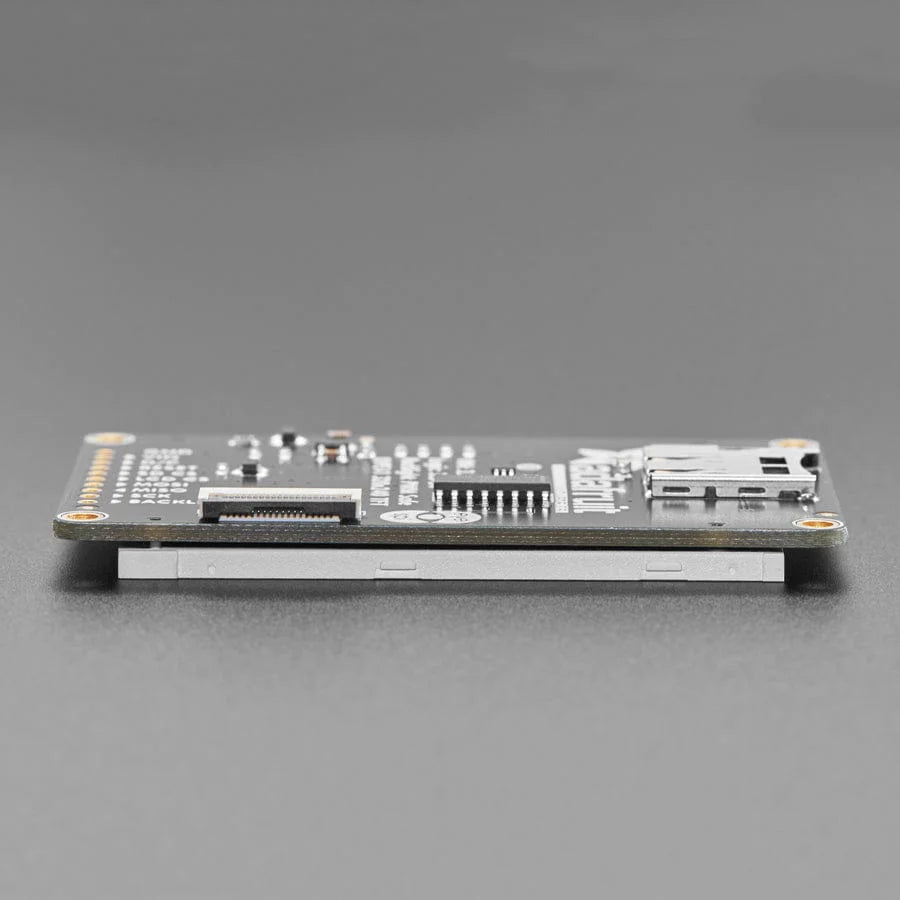
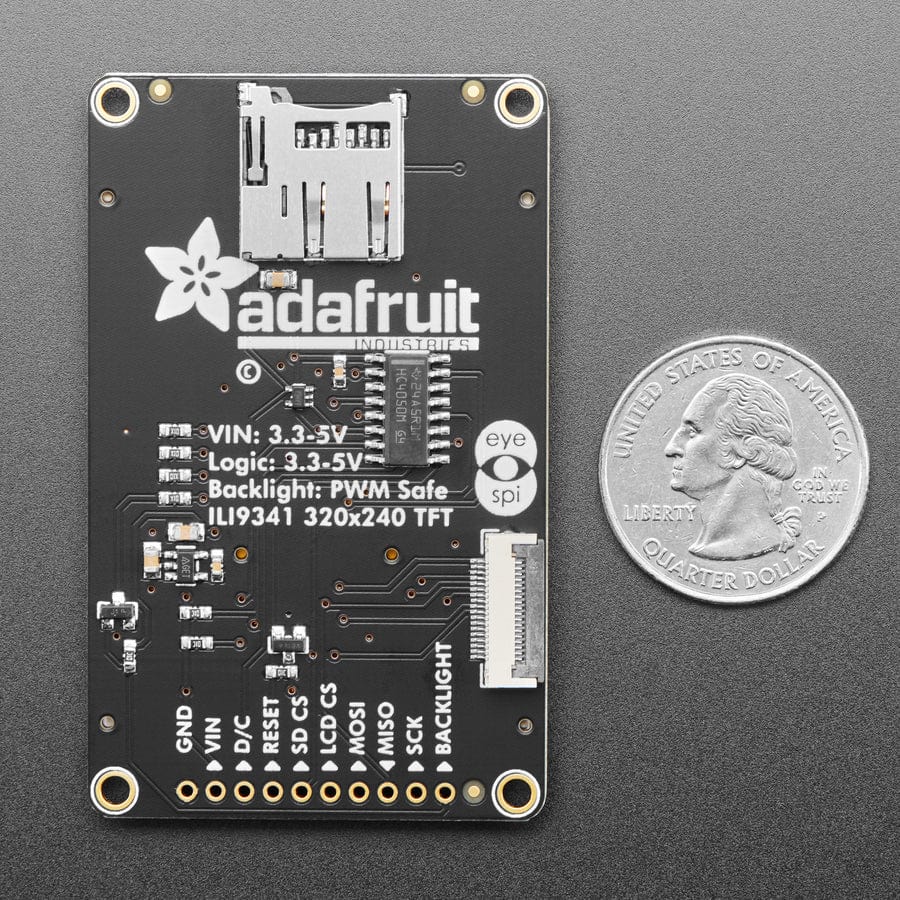
Login / Signup
Cart
Your cart is empty
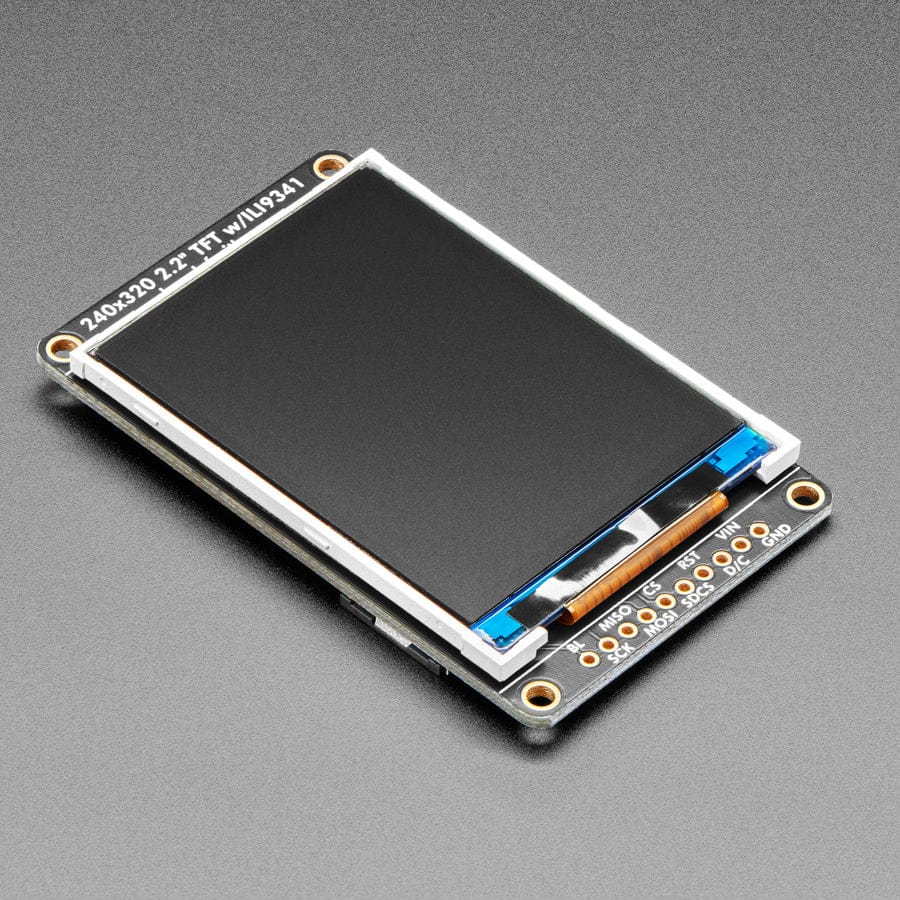
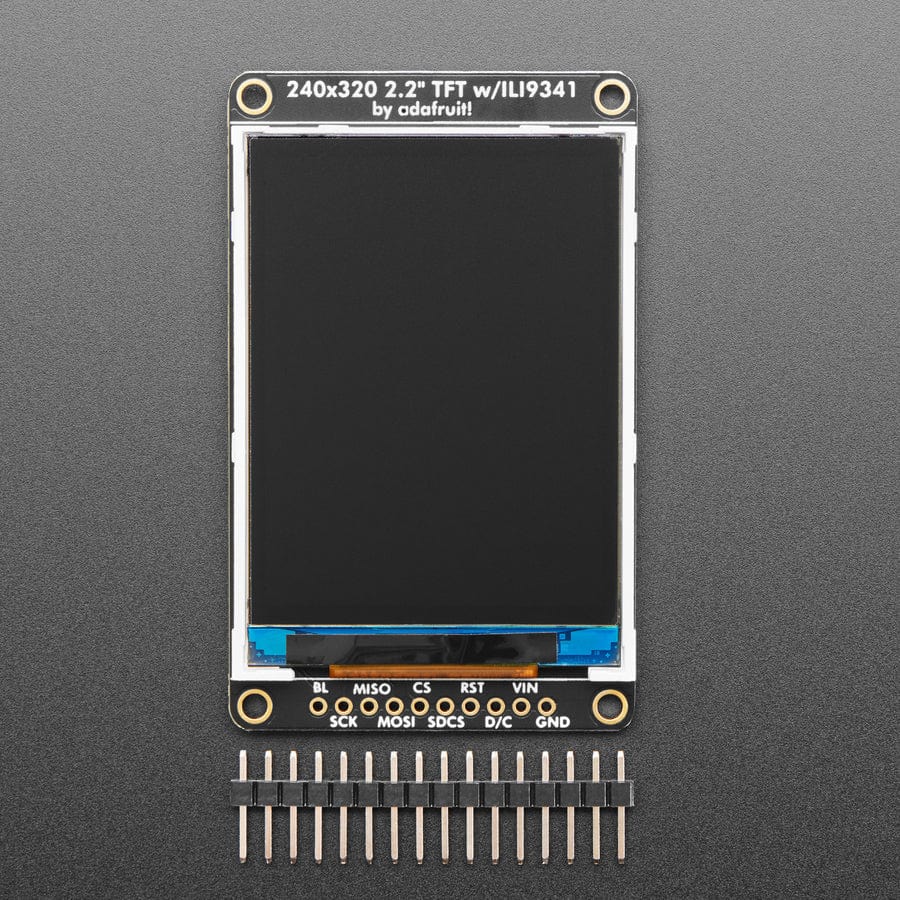
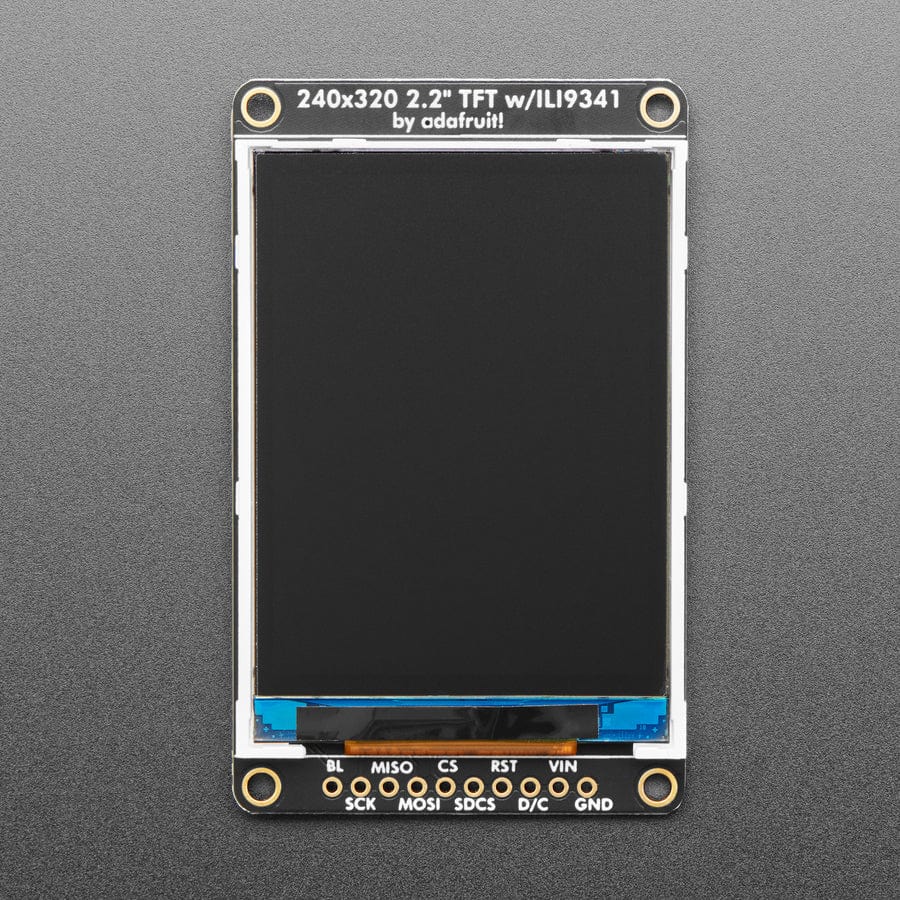
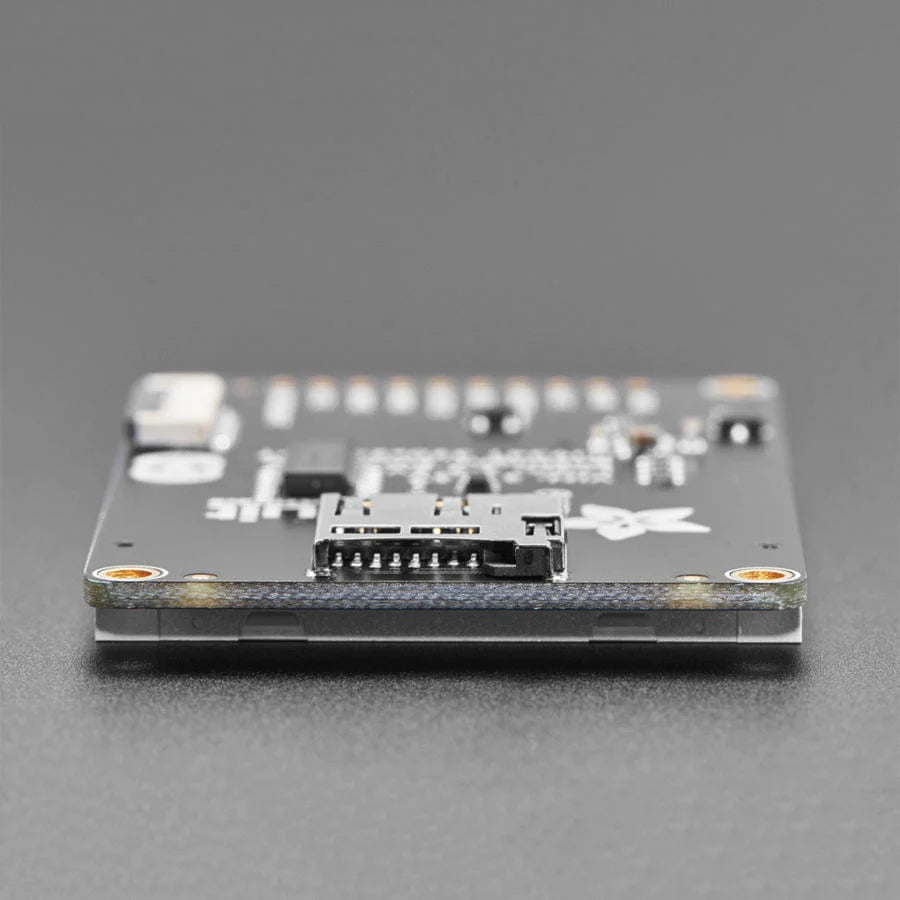
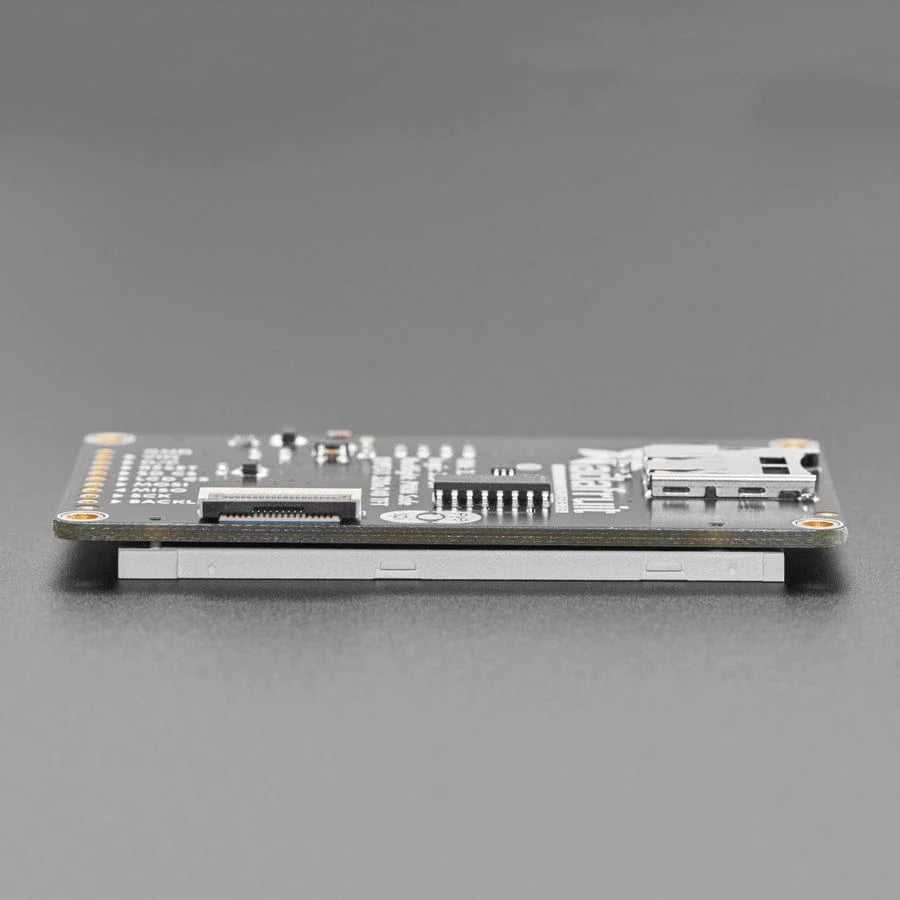
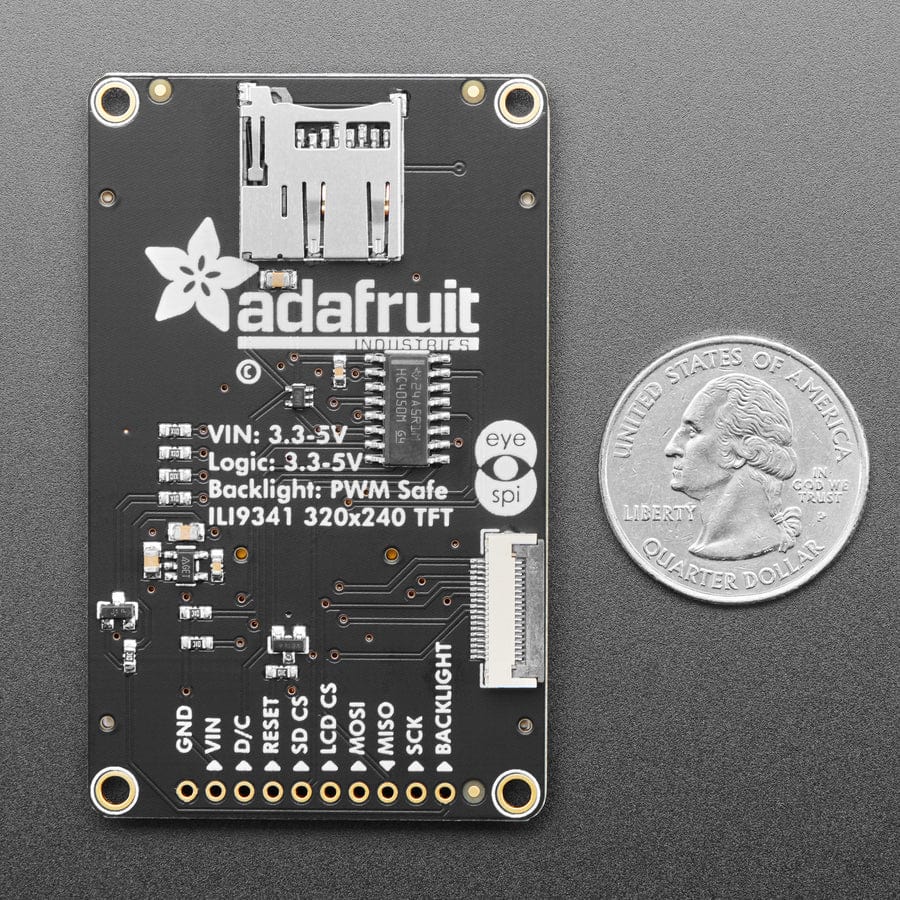
This lovely little display breakout is the best way to add a small, colourful, and bright display to any project. Since the display uses 4-wire SPI to communicate and has its own pixel-addressable frame buffer, it can be used with every kind of microcontroller. Even a very small one with low memory and few pins available!
The 2.2" display has 320 x 240 colour pixels. Unlike the low-cost "Nokia 6110" and similar LCD displays, which are CSTN type and thus have poor colour and slow refresh, this display is a true TFT! The TFT driver (ILI9341 or compatible) can display full 18-bit colour (262,144 shades!). And the LCD will always come with the same driver chip so there are no worries that your code will not work from one to the other.
The breakout has the TFT display soldered on (it uses a delicate flex-circuit connector) as well as an ultra-low-dropout 3.3V regulator and a 3/5V level shifter so you can use it with 3.3V or 5V power and logic. We also had a little space so we placed a microSD card holder so you can easily load full-color bitmaps from a FAT16/FAT32 formatted microSD card. The microSD card is not included, but you can pick one up here.
Of course, we wouldn't just leave you with a datasheet and a "good luck!" - we've written a full open-source graphics library that can draw pixels, lines, rectangles, circles, text, and bitmaps as well as example code. The code is written for Arduino but can be easily ported to your favourite microcontroller! Wiring is easy, we strongly encourage using the hardware SPI pins of your Arduino as software SPI is noticeably slower when dealing with this size display. Check the example sketches for wiring help until we get a detailed wiring tutorial written!
This display breakout also features an 18-pin "EYESPI" standard FPC connector with a flip-top connector. You can use an 18-pin 0.5mm pitch FPC cable to connect to all the GPIO pins, for when you want to skip the soldering.
As of November 2022 - we've updated this TFT breakout with an EYESPI connector to make cabling easier with an 18-pin FPC. We also used Adafruit Pinguin to make a lovely silkscreen. The board is otherwise the same size, pinout, and functionality.







